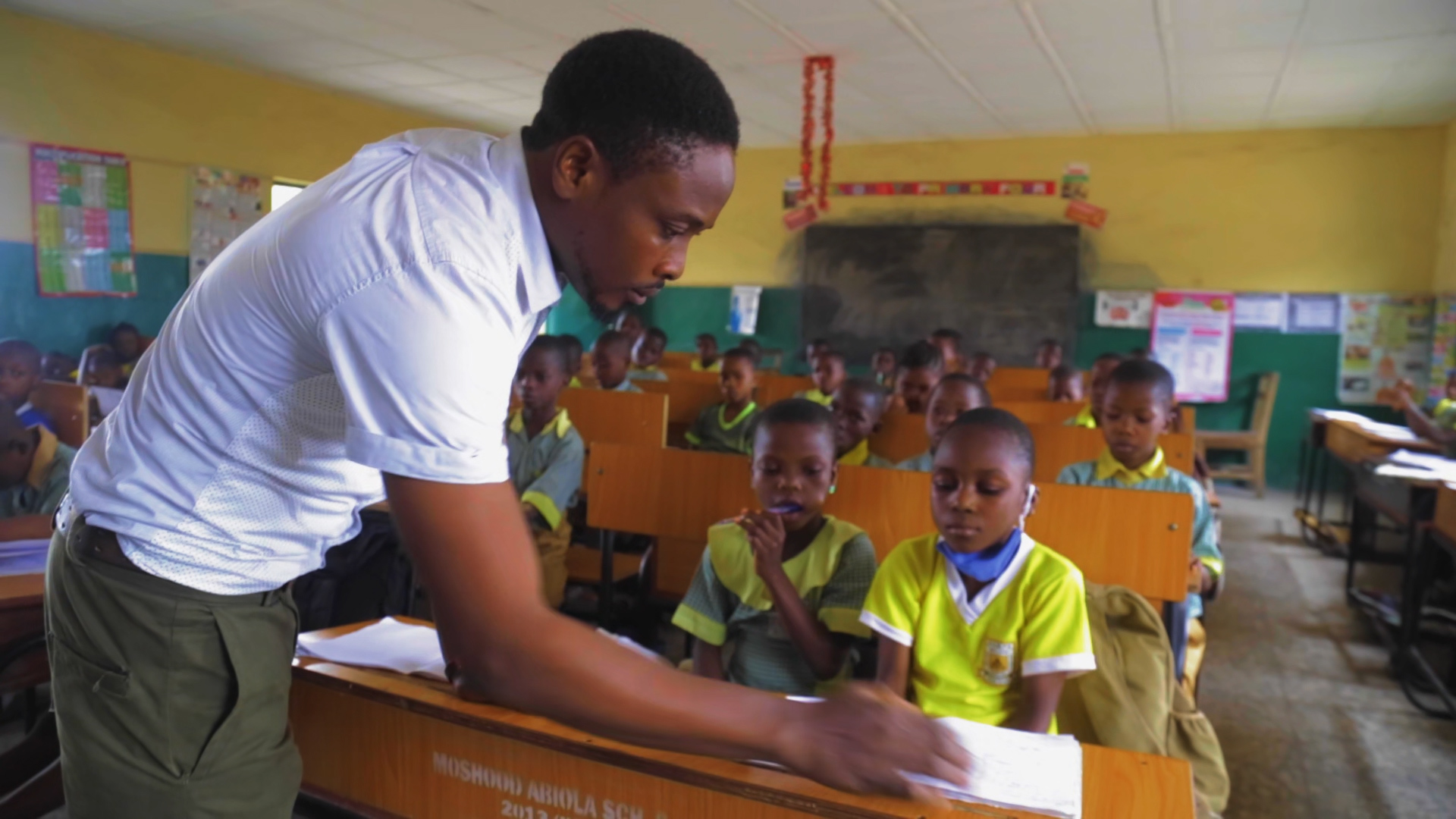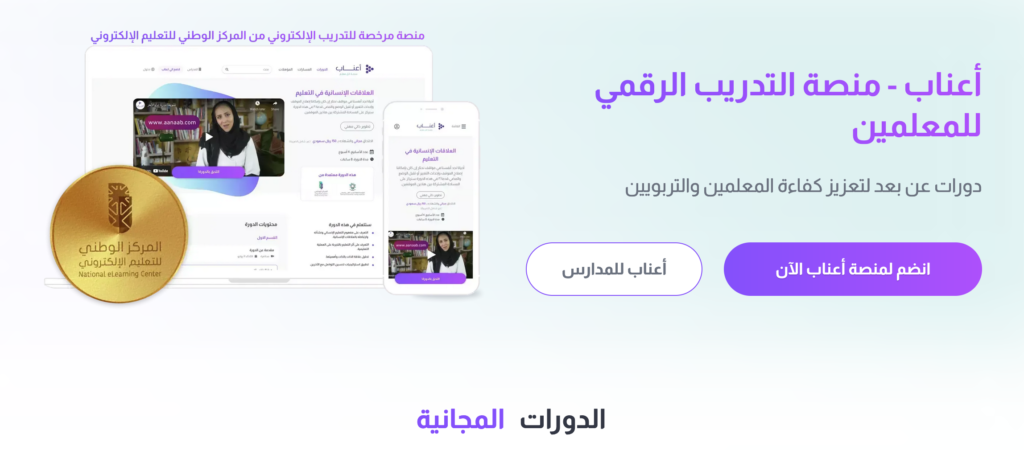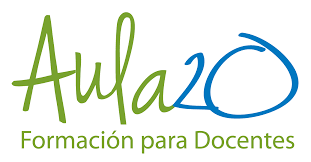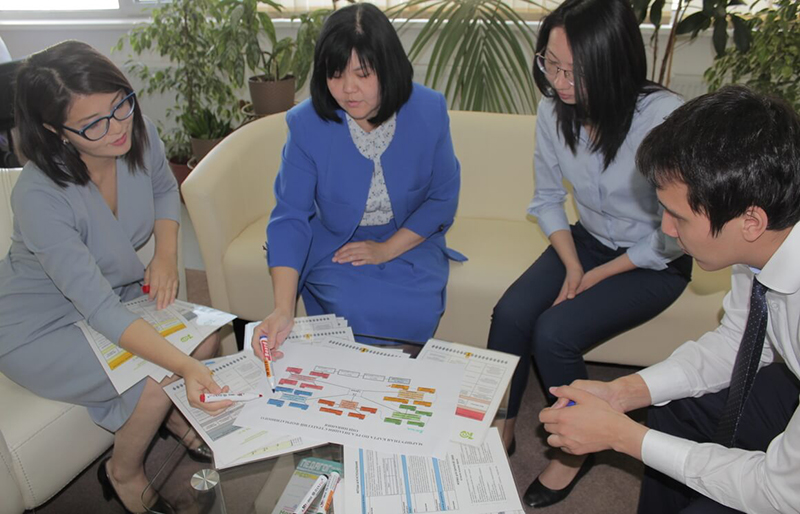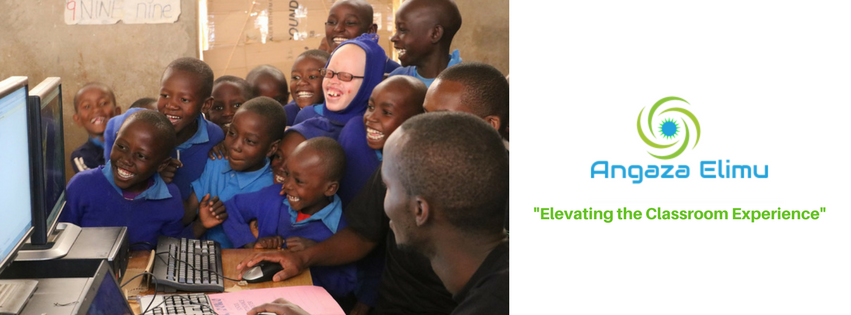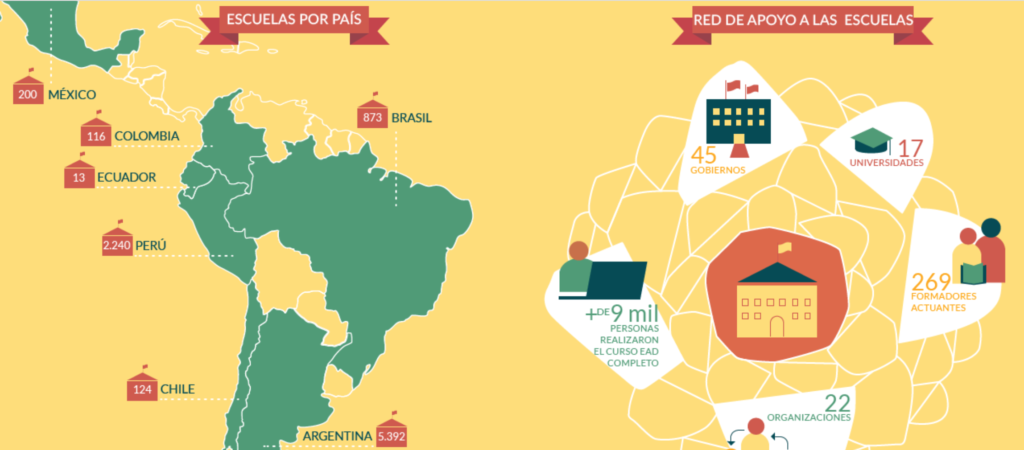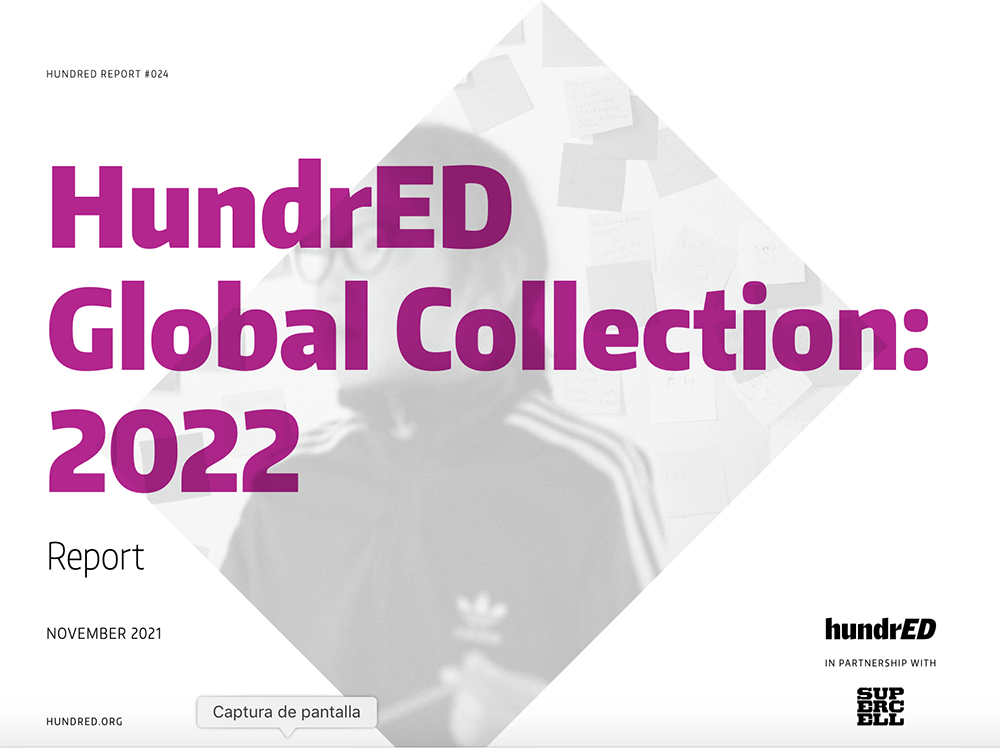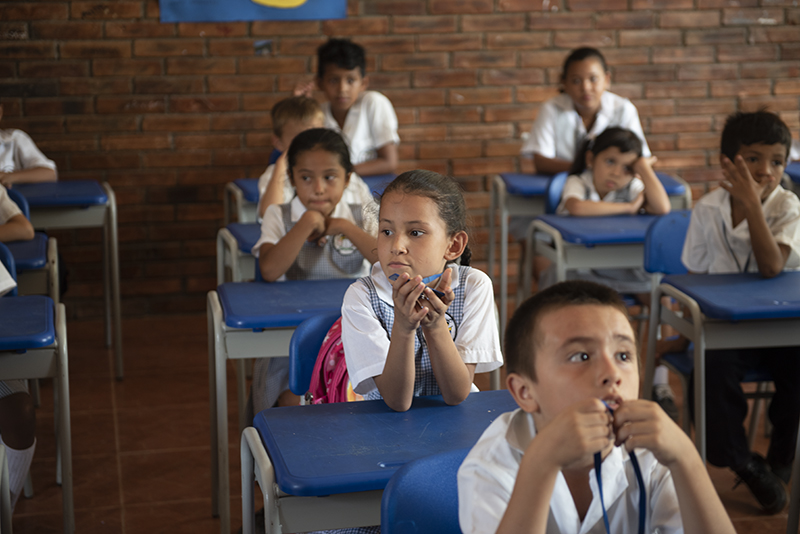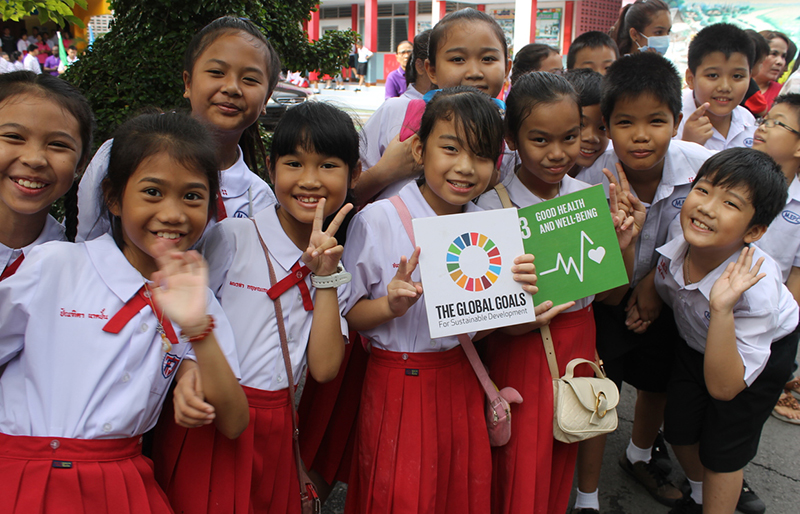Because they are and always will be the cornerstone of the education system, teachers are at the heart of educational innovation whether it is the integration of a new technology, the adaptation of a new pedagogical method or the improvement of classroom processes and environment, teachers are at the heart of educational innovation.
In line with this idea, during the United Nations Education Transformation Summit, the Teacher Task Force launched an awareness-raising campaign to draw attention to the important role of teachers in transforming education systems. Thus, among other things, this campaign advocated the need for education systems to adapt to support teachers as agents of change, through better professional development, working conditions that encourage innovation, motivation and enhance the status of the profession.
Also the organisation HundrED in its Global Collection 2023has found that educational innovators are already putting teachers at the centre of change.
Below we look at six experiences, highlighted in this HundrED report, where professional development and support for the teaching profession is at the heart of innovation, either by creating structures for teacher professional development (The Teaching Learning Centre); working to provide access to teacher training in geographic areas and in languages where continuing professional development for teachers has historically been less of a priority (Aanaab y Classroom20), training teachers in novel pedagogical approaches (Being a proactive teacher in formative assessment), streamlining their administrative tasks (Angaza Elimu) or recognising their importance in dialogue and family involvement (Learning communities).
Los innovadores educativos ya están poniendo a los profesores en el centro del cambio
Teaching Learning Center: comunidades de aprendizaje docente en Indonesia
With almost four million teachers spread across more than 500 “regencies”, the Indonesian government faces a major challenge: to provide equality of opportunities and quality professional development programmes for its entire teaching force. Teaching Learning Centre is an independent, structured learning organisation managed by a group of selected teachers to plan, develop and implement context-specific professional development programmes under the supervision of the local government.
The programme opens a call each year to select teachers interested in joining the initiative as teachers or coordinators, who, once selected, must undergo training. In the first year of implementation in a regency, the programme can provide training for a minimum of 300 people. The numbers increase in the second and third year of implementation, which can reach 1,000 teachers. The capacity of the programme is enhanced with the help of technology to increase the impact, which also has a cascading effect that has a direct impact on improving learning.
Aanaab: teacher professional development in the MENA region
Saudi Arabia
Education in the Middle East and North Africa is below average global benchmarks, with a clear gap in student performance. This gap is largely due to teachers’ low qualifications and lack of access to quality professional development.
Aanaab was founded to bridge the education gap and provide high quality, affordable and accessible professional development programmes for teachers offered through three different modalities:
- Aanaab for teachers: teachers and educational leaders can enrol in short courses and qualification programmes on the online learning platform that follows the MOOCs model with a simple and user-friendly user experience.
- Aanaab for schools: schools have access to a wide range of professional development courses, as well as a dashboard with live data analysis and measurement tools.
- Aanaab for governments: customised content to deliver training programmes at district or regional scale.
Since 2019, the EdTech platform has built a strong technology and product infrastructure by developing more than 60 short courses and reaching more than 200,000 teacher enrolments. By 2024, it aims to reach 700,000 teachers.
Aula20: training teachers to transform vulnerable communities
Venezuela
The maximum grade for schools in Venezuela is 20. Thus, Aula20 aims to raise pupils’ standards and qualifications by improving teacher training in areas such as mathematics, language and computer science.
The programme focuses on providing free, quality training and refresher courses for public school teachers at the pre-school and primary levels in marginalised and rural areas. This training focuses on innovative teaching strategies and learning in Language, Mathematics and Environmental Education, using information and communication technologies (ICT) as a didactic resource to enhance this learning. They also train communities in the design, implementation and evaluation of community plans and projects.
Since its inception, the programme, created and implemented by ASEINC has trained more than 3,200 teachers and facilitators, has benefited 71,766 children and adolescents and has 300,084 indirect beneficiaries from 174 schools. To date, Aseinc has delivered 381 training workshops, seven national partnership meetings for teachers participating in the programme, 31 forums including 25 forum-talks, six pedagogical discussion days, 18 parenting school days and four youth forum days.
The secrets of formative evaluation in 24 worksheets
Kazakhstan
What is the best way to assess how students are learning? In recent years, so-called formative assessment has become more and more important in the educational debate and is even considered by many as a central element in the necessary transformation of education.
Currently, formative assessment is one of the most popular types of assessment at all levels of education in many countries. Active work to develop formative assessment practices has begun in England, Hong Kong, Singapore, China, South Korea, Malaysia and other countries.
Formative assessment is a type of assessment that is carried out on a continuous basis, provides feedback between the teacher and the learner and allows the learning process to be adjusted in a timely manner.
In order to learn how to use this type of assessment, Kazakhstan has developed the programme Being Proactive in Formative Assessment. This programme helps teachers to develop their own formative assessment practice through a guide and a series of interactive cards that provide them with specific instructions and help them to plan and execute their lessons following the theoretical principles of this methodology.
The guide and cards are available in Kazakh, Russian and English.
AI to enable teachers to spend more time teaching
Kenya
Angaza Elimu is an adaptive and interactive e-learning platform that, in addition to offering students access to quality digital content, provides teachers with a support tool to identify the specific needs of students and help them deliver more personalised, needs-based teaching.
Over the last 18 months we have achieved a remarkable impact on the different educational actors. For example, students have recorded an average improvement of 24% in overall academic performance, with a particular focus on Mathematics and Science subjects, and teachers have saved more than 45,900 minutes of administrative time which they have been able to devote to personalised teaching.
When the whole community participates in education
Spain and Latin America
The participation and involvement of families in their children’s education has an impact on a higher level of student learning. That is why Learning Communities is a project of social and educational transformation that seeks to improve the learning and school coexistence of all students through the joint participation of the four key actors involved in the school community: students, teachers, families and the community where the school is located.
What is a learning community? A Learning Community is a project of educational transformation, in which the teaching-learning process is not exclusively in the hands of the teaching staff, but depends on the joint involvement of the school staff and different sectors: families, associations and volunteers. It starts at school, but integrates everything around it.
The project, according to its website, “combines science and utopia”, to achieve a significant improvement in the learning of all students, at all levels, as well as the development of better coexistence and attitudes of solidarity.
To achieve these goals of educational and social transformation, learning communities go through a series of stages: awareness-raising (preparation and deep reflection of the whole community), decision-making (deciding whether the school will be transformed into an educational community), dreaming (dreaming about what kind of school we want for the future), priority selection (deciding the most urgent priorities and the most relevant dreams) and planning (designing the way forward).
In terms of results, learning communities, among other things, improve the academic performance of their students in all subjects; decrease repetition, dropout and failure rates; improve the climate and coexistence; and improve the living conditions of the community.



